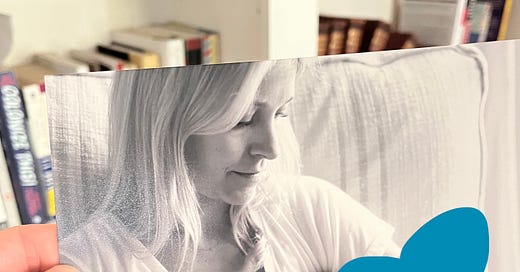I don't cherish every moment
What unsolicited parenting advice tells us about America's Ideal Mother
Last week, I was brainstorming good slogans or one-liners for Momfluenced book swag (like pencils, stickers, etc). The first one that came to mind was “Fuck Mother’s Day: we want systemic support” probably because my disdain for Mother’s Day knows no bounds. I came up with a few more before my brain started feeling sludgy and I asked Twitter for help.

I figured it was a pretty standard question; certainly one I had thought about with regularity for the past ten years since becoming a mom. After all, people start hurling infuriating (and unsolicited) comments at mothers as soon as they express any desire to even become parents. When pregnant, people commented on my body as if it was an interactive art exhibit. Many of these comments were innocuous enough (likely only because my body happened to conform to “cute pregnancy” ideals), but as someone who would often prefer going to Target or whatever wearing Harry Potter’s invisibility cloak, I found the intrusion of privacy more cumbersome than any particular comment itself.
But anyway, I posted the tweet before lunch and checked in after lunch to see if anyone had responded.
People had responded.



